Most people don’t have a hard time acknowledging the existence of the Christian Right even if they find it irksome. The Christian Right ranks in popularity along with Brussels sprouts and Lima beans among a wide swath of American culture. If you stop to analyze it with civility—as we did with the Christian Left—we will find that this annoyance is really unfounded.
Just as we said regarding the Christian Left, the Christian Right should not be confused with the Political Right.
To be fair in my exposition, the Political Right is comprised of those called right-wingers, conservatives, Tea Party activists, capitalists, nationalists, and yes, even fascists (which I personally don’t see, but on a traditional left-right spectrum of political ideology it’s shown as the far right and I’m trying to stay honest here).
Though the Political Right and the Christian Right are distinct, they too have certain things in common. There is a notable exception: The Christian Right believes in Jesus Christ as their Lord and Savior.
Therefore, no matter how annoyed the Political Left gets with the Political Right, the Christian Left should do more than tolerate–they should embrace the Christian Right as the valued corrective to a view of the Christian faith that exalts community at the expense of the individual.
Going back to our train track analogy from yesterday, if the left rail could be labeled Community, the right rail could be labeled Individual. To the Christian Right, the world isn’t divided into classes (e.g. rich, poor, Jew, Greek, slave, free), the world is comprised of individuals, each of whom matter to God.
Whereas the Christian Left is enamored with community, the Christian Right (populated significantly by Protestants) prioritizes individual decisions and each being born again into the family of Christ. While Jesus is returning for a community of disciples, He is also returning for you and for me within that body called the Church. It is significant that our names are listed individually in the Lamb’s Book of Life.
Because the right rail lifts the individual along the path to our common destination, God Himself, the Christian Right is deeply concerned with evangelization and the truth of the Gospel as the best way of growing the community, one soul at a time. The Christian Right sees teaching, preaching, and evangelism as the best means to bring the individual to knowledge of Christ and a personal saving relationship.
The Christian Left needs the Christian Right to remind themselves that we’re not dealing with masses of people in a huddle to be fed with earthly food and that’s where compassion ends. Rather, we minister to a mass of individuals who need spiritual sustenance as a valid priority. Let’s face it: With or without salvation, death happens to everyone. Whether one dies from starvation at age 12 or from diabetes at age 102, what the individual did with Jesus Christ makes an eternal difference.
Romans 2:6 God “will give to each person according to what he has done.” 7 To those who by persistence in doing good seek glory, honor and immortality, he will give eternal life.
Therefore, let’s not judge the Christian Right harshly for having each individual as a priority. Charity alone isn’t the final measure of compassion. Giving one person the Gospel truth can change that soul’s eternal destination in a way that a bowl of rice—while helpful in the moment of the flesh—cannot.
The Christian Left needs the Christian Right for this reason. Arm in arm and shoulder-to-shoulder we can stay on track to our eternal goal: God’s presence. We can help one another to stay focused on the author and perfecter of our faith—Jesus—as we build a community of individuals, ministering to their physical needs and giving them spiritual food that comes by way of teaching them eternal Truth.
Romans 10:12 For there is no difference between Jew and Gentile– the same Lord is Lord of all and richly blesses all who call on him, 13 for, “Everyone who calls on the name of the Lord will be saved.” 14 How, then, can they call on the one they have not believed in? And how can they believe in the one of whom they have not heard? And how can they hear without someone preaching to them? 15 And how can they preach unless they are sent? As it is written, “How beautiful are the feet of those who bring good news!”
===
This series included
http://seminarygal.com/understanding-the-christian-right/
http://seminarygal.com/understanding-the-christian-left/
http://seminarygal.com/bad-company-corrupts-good-character/
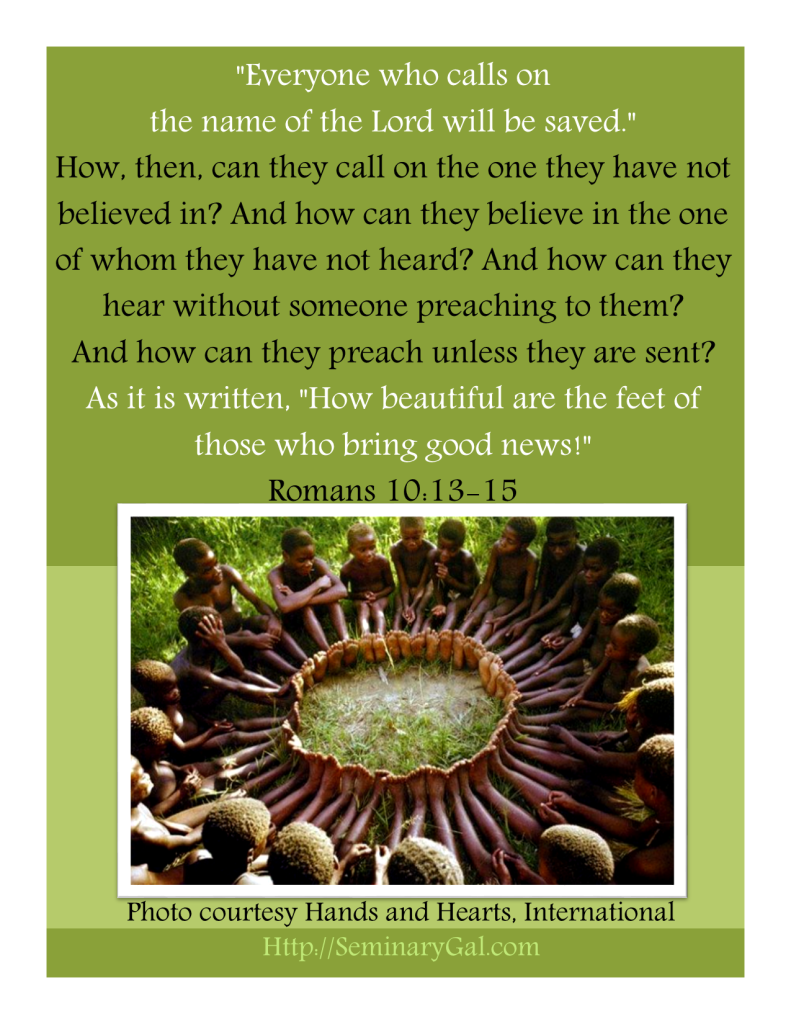
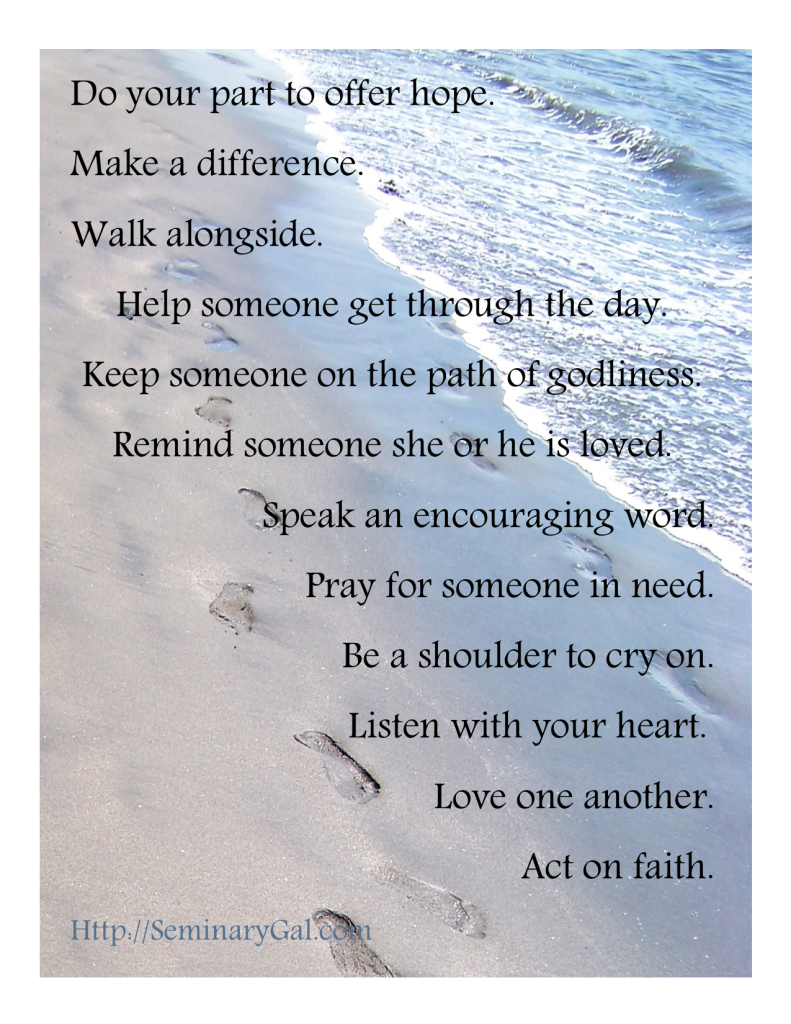
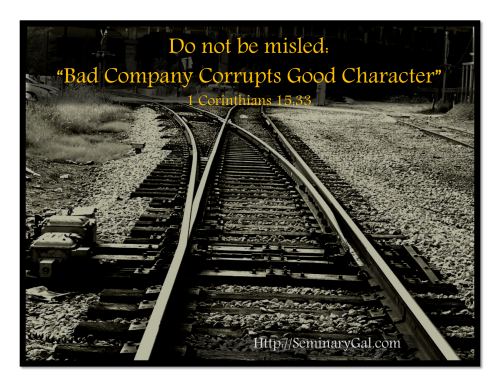 You see, it’s really easy to find oneself so focused on the Christian Left rail or the Christian Right rail that we are completely unaware that those with totally different goals have swooped in alongside and thrown the switch on our train tracks until we are no longer headed toward God as a destination.
You see, it’s really easy to find oneself so focused on the Christian Left rail or the Christian Right rail that we are completely unaware that those with totally different goals have swooped in alongside and thrown the switch on our train tracks until we are no longer headed toward God as a destination. Building on a solid foundation, there are railroad ties that span the width of the tracks, in order to keep the rails parallel, heading toward the very same goal. Railroad ties are like planks in our theology. Like sound doctrine.
Building on a solid foundation, there are railroad ties that span the width of the tracks, in order to keep the rails parallel, heading toward the very same goal. Railroad ties are like planks in our theology. Like sound doctrine.
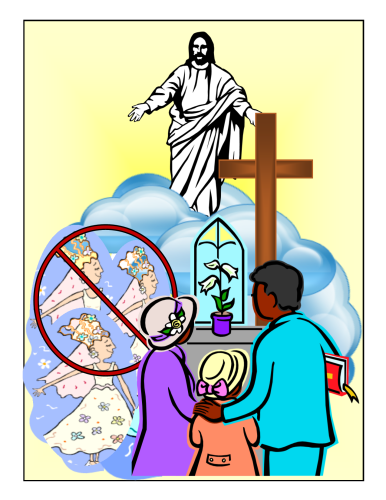 In his book, Five Great Catholic Ideas, Edward Wm. Clark outlines one of the central tenets of the Christian movement, embraced particularly by Roman Catholics (and I would add the Christian Left):
In his book, Five Great Catholic Ideas, Edward Wm. Clark outlines one of the central tenets of the Christian movement, embraced particularly by Roman Catholics (and I would add the Christian Left):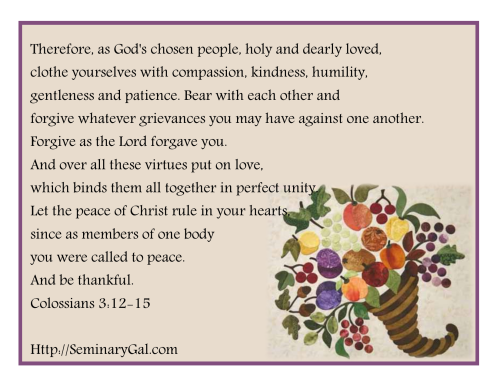

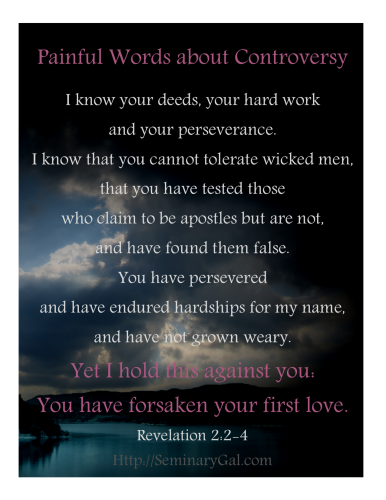

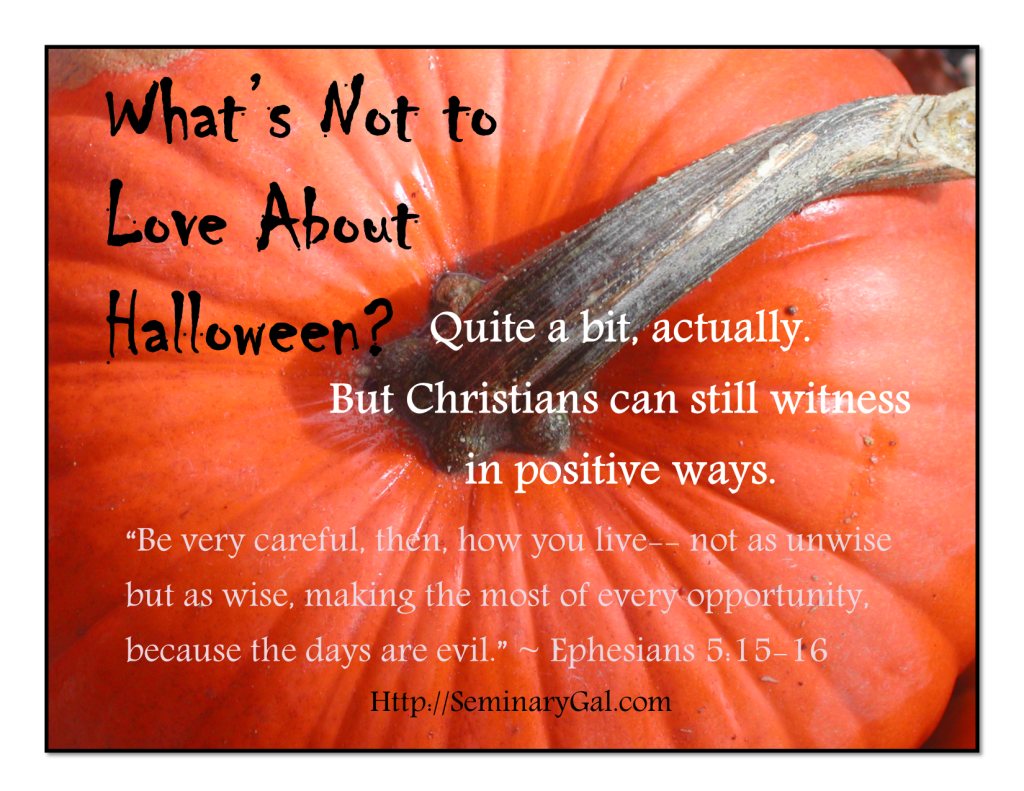
 Hebrews 9:27 Just as man is destined to die once, and after that to face judgment, 28 so Christ was sacrificed once to take away the sins of many people; and he will appear a second time, not to bear sin, but to bring salvation to those who are waiting for him.
Hebrews 9:27 Just as man is destined to die once, and after that to face judgment, 28 so Christ was sacrificed once to take away the sins of many people; and he will appear a second time, not to bear sin, but to bring salvation to those who are waiting for him.